Perfectionism and Shame
WHAT IT IS
PCH provides treatment for perfectionism and shame. While healthy striving is associated with achieving one’s goals, perfectionism involves setting extremely high and often unreachable standards for oneself. Perfectionists tie their sense of self-worth to achievement at the highest levels in one or more areas of their lives and have a difficult time when falling short of these high standards. Whereas healthy striving allows people to learn from missteps and failure, perfectionists are intolerant of even small failures and work to avoid failure at all costs, including avoiding tasks altogether to prevent failing. Perfectionists tend to be highly self-critical and self-loathing with low self-worth (“I’m worthy only when I’m perfect”).
Perfectionism tends to create intense emotional experiences and has a strong association with shame. Shame is an emotion associated with high physiological arousal (e.g., heart racing, nausea, and tension) and an urge to do one of three things: hide or disappear, attack or defend, or people-please and peace-make. Shame is also associated with the cognitive experience of believing we are “not enough,” or we are innately or intrinsically defective and not worthy of key human experiences (e.g., love and belonging).
ASSOCIATED CONCERNS
Perfectionism and shame concerns can be the underpinning of many other mental health experiences, such as mood disturbance, anxiety and stress, eating disorders, or traumatic experiences. In coping with shame, some individuals develop substance abuse or anger management concerns.

